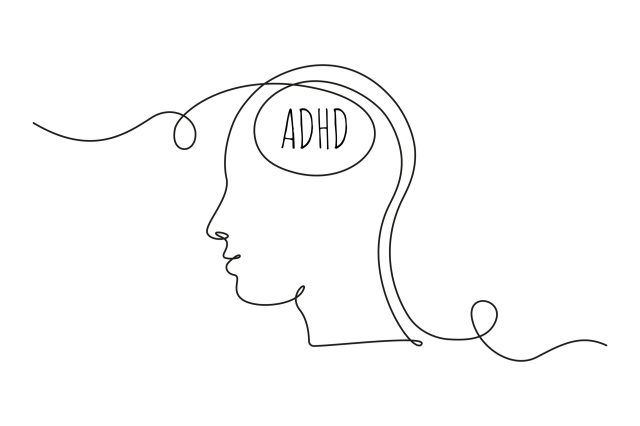Course Summary
Attention deficit hyperactivity disorder (ADHD) is a neurodevelopmental disorder with core symptoms of inattention, hyperactivity and impulsivity, and is associated with significant functional impairment. There are many pharmacological agents, including newer medication treatment for ADHD. Current pediatric guidelines outline the use of medications approved by the U.S. Food and Drug Administration for patients diagnosed with ADHD.
Course Format
Homestudy
Course Syllabus
- Introduction
- Epidemiology of ADHD
- Genetic Factors
- Environmental Factors
- Interaction Between Genetic and Environmental Factors
- Screening for ADHD and Comorbidities
- Learning Disorders
- Intellectual Development Problems
- Autism and Other Pervasive Developmental Disorders
- Psychiatric Disorders
- Comorbid ADHD, Tic and Tourette Syndrome
- Case Study: Tourette Syndrome
- ADHD, Personality and Substance Use Disorders
- Pharmacology
- Stimulant Medications
- Non-stimulant Medications
- Antidepressants
- Tricyclic Antidepressants
- DSM-5 or ICD Criteria, Medication and Lifestyle
- Summary
Authors
Noah H. Carpenter, MD
Dr. Noah Carpenter is a Thoracic and Peripheral Vascular Surgeon. He completed his Bachelor of Science in chemistry and medical school and training at the University of Manitoba. Dr. Carpenter completed surgical residency and fellowship at the University of Edmonton and Affiliated Hospitals in Edmonton, Alberta, and an additional Adult Cardiovascular and Thoracic Surgery fellowship at the University of Edinburgh, Scotland. He has specialized in microsurgical techniques, vascular endoscopy, laser and laparoscopic surgery in Brandon, Manitoba and Vancouver, British Columbia, Canada and in Colorado, Texas, and California. Dr. Carpenter has an Honorary Doctorate of Law from the University of Calgary, and was appointed a Citizen Ambassador to China, and has served as a member of the Indigenous Physicians Association of Canada, the Canadian College of Health Service Executives, the Science Institute of the Northwest Territories, Canada Science Council, and the International Society of Endovascular Surgeons, among others. He has been an inspiration to youth, motivating them to understand the importance of achieving higher education.
Susan Depasquale, MA, MSN, PMHNP-BC
Susan DePasquale is a board certified Psychiatric Mental Health Nurse Practitioner. Her current practice is with families, youth and adults who have mental illnesses in both inpatient and outpatient settings, including telepsychiatry for Montana, Washington and Wisconsin communities. She completed her Masters of Art in Political Science at the University of Victoria, British Columbia, Masters of Science in Nursing at Seattle Pacific University in Seattle, Washington with a focus in neurogastroenterology and the Post-Masters of Science in Nursing at the Montana State University in Bozeman, Montana with a focus in psychiatry. She has worked with small and rural healthcare teams in British Columbia and the Northwest Territories, Canada, and in teaching and research hospitals such as Providence Health and Virginia Mason Medical Center Digestive and Liver Disease Departments in Seattle. Since 2012, she has been actively involved in online continuing education program development for nurses and health teams.


